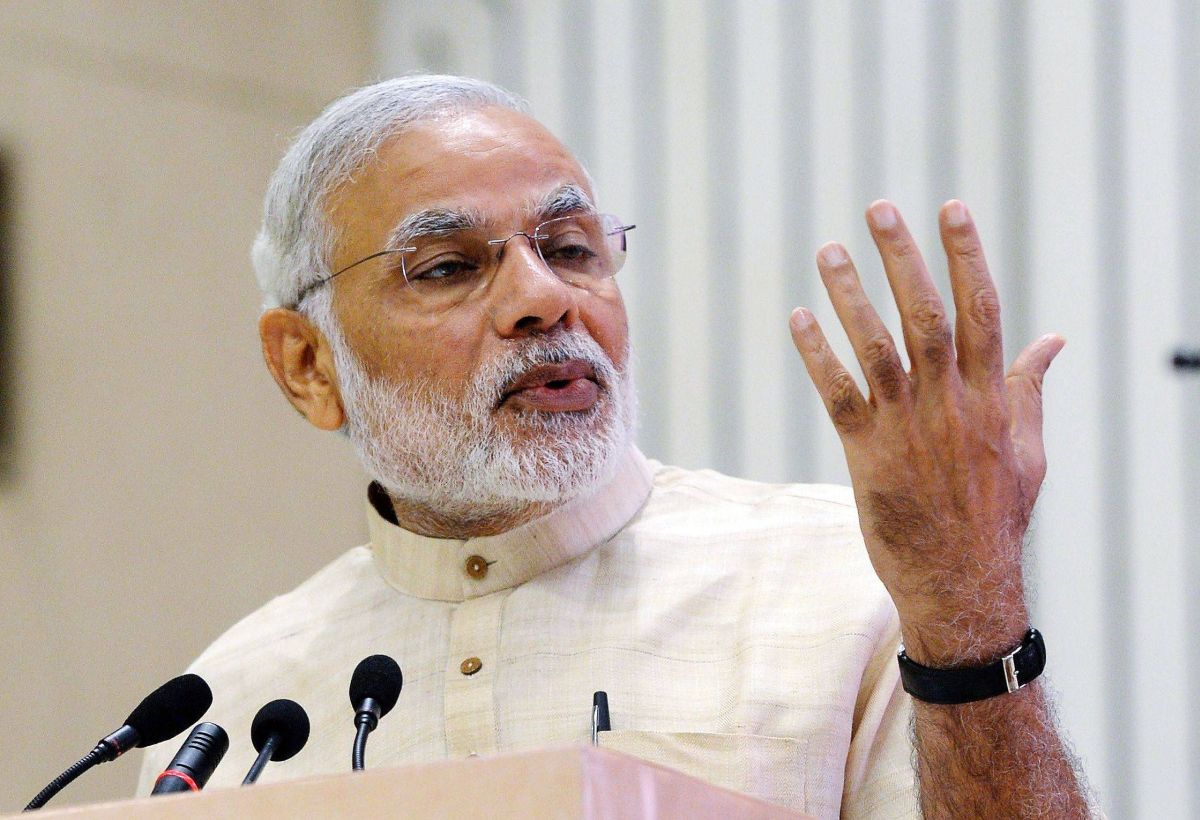
Indian Prime Minister Narendra Modi has called for scientific methods in agriculture to increase farming incomes and make the country self sufficient.
He was speaking yesterday while launching an electronic trading portal, eNAM for farmers to sell their produce in amalgamated markets for online trading of commodities.
He said that the e-trading platform will help farmers and buyers access a huge market and help them to decide for themselves by providing choices.
"Farmers are often forced to sell at a distress prices in the closest mandi (market) and the eNAM platform will allow them to sell their produce anywhere in the country," Modi said.
At present, farmers are restricted to selling produce at mandis that charge various taxes. The online agri-market is expected to give choice to farmers to sell their produce both in physical mandis or online platform.
"While farmers will earn more, traders will have a wider choice and consumers can expect lower prices”.
The commodities that will initially be sold online include chana (black gram), castor seed, paddy, wheat, maize, turmeric, onion, mustard, mahua flower, tamarind and shelling pea.
"Using this portal, a farmer can decide where his produce will be sold, when it will be sold, and at what price. At the same time, consumers and traders, too, won’t suffer," he said.
This will empower farmers to decide the price of their produce and traders across the country can buy them online.
In February, the government pledged to spend billions of dollars to help struggling farmers through various measures, including a crop insurance scheme and better access to markets.
While farmers can currently access markets outside their own region, many are deterred from doing so because of inter-state tariffs and conflicting regulations.
